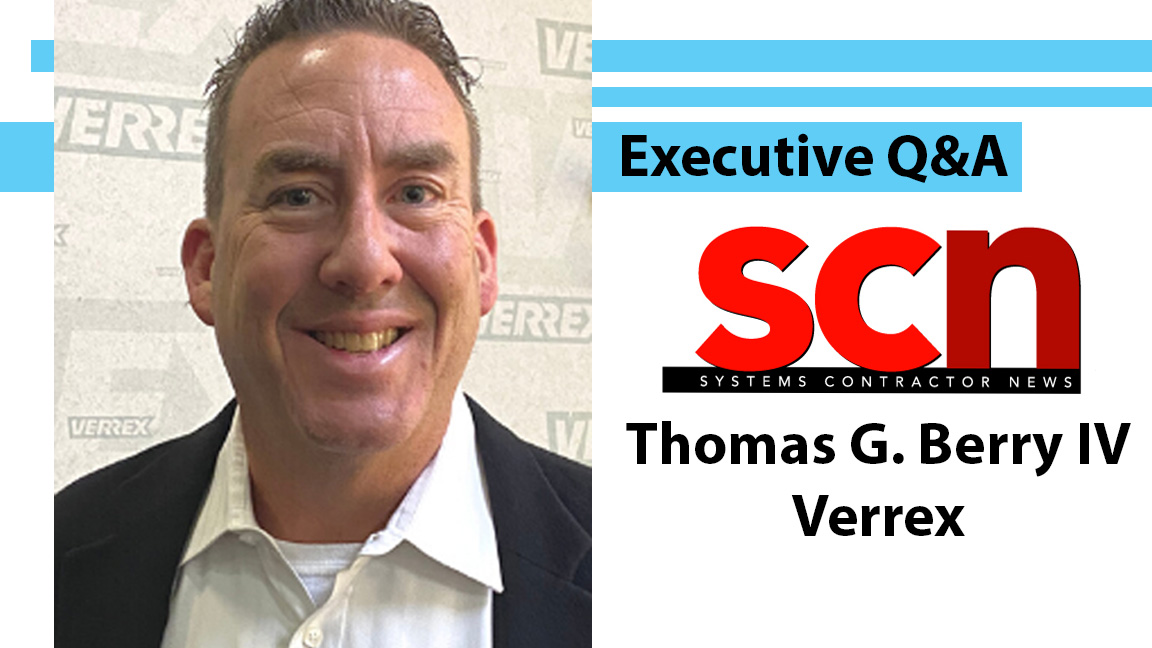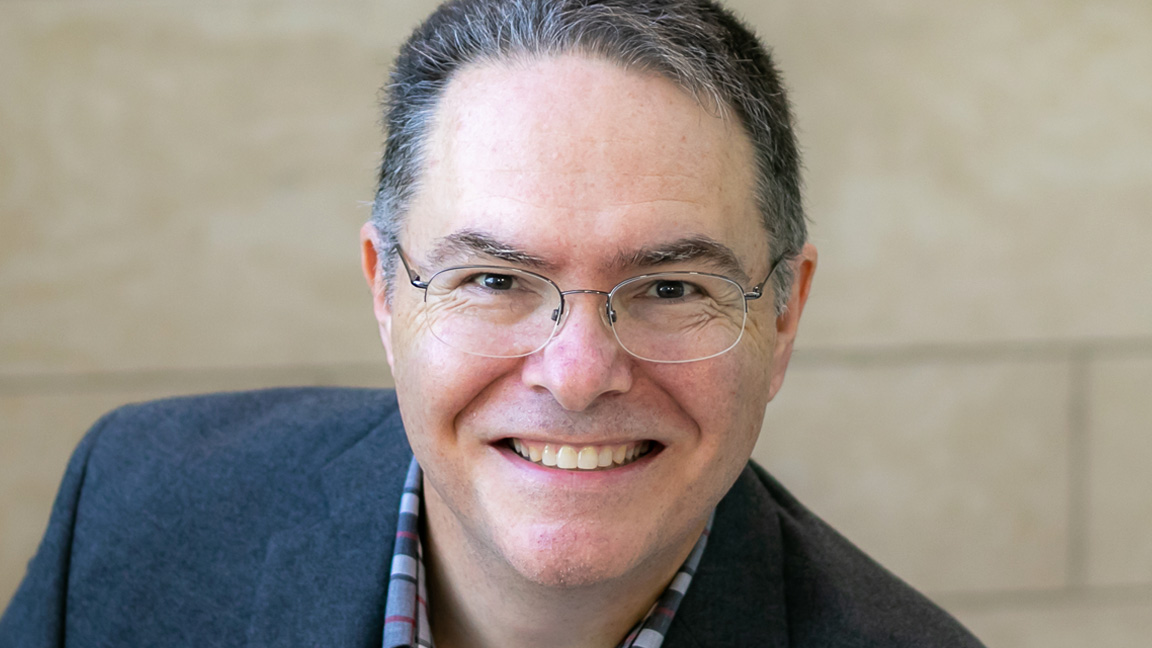Executive Q&A: Diamond Days for Verrex
CEO Thomas G. Berry IV and his team celebrate the company's 75th anniversary.

SCN: How long have you been with Verrex, and what are your responsibilities?
Thomas Berry IV: My uncle once told me that I was “born so he could retire.” So, I guess I have been at Verrex for 53 years. Actually, I joined in 1991, one day after graduating from college. I started in operations, selling service contracts to our clients. Over the years, I followed the sales tract through the organization, culminating in being named CEO in 2000.
SCN: What are some of the unique challenges of leading a multi-generational business?
TB: When I joined the company 30-plus years ago, I did not fully understand the responsibility of stepping into the big shoes of my father, and what it took to earn the respect of everyone at Verrex and throughout the industry. I needed to surround myself with great people who could keep our thriving company culture growing. Another challenge of a family-owned business is being open to change. I am proud to say that due to the extensive amount of industry chatter around this topic, Verrex prides itself as an agile organization that embraces change as part of its mission.
[Why It's Time for a Change for Integrators]
SCN: What are some Verrex achievements that make you most proud?
TB: Over the years, I have taken on the responsibility of leader—and as one, it has always been about the people. I am proud of my employees’ success and growth. Current and past employees are achieving great things and having a significant impact on the industry. By far the proudest I am as a leader is seeing second generation employees join Verrex because of the positive experiences their parents have had here.
SCN: How is Verrex celebrating its 75th Anniversary?
A daily selection of features, industry news, and analysis for AV/IT professionals. Sign up below.
TB: Seventy-five years in business is a huge accomplishment and it deserves to be celebrated. Anybody that knows Verrex knows we love to party. We will be planning a series of events that will involve the entire Verrex ecosystem, from employee events like hatchet throwing to a summer family picnic. We want everyone who has contributed to our success over the years to be involved, so industry events, including a Client Appreciation Party at InfoComm as well as vendor open houses, will keep us busy throughout the year. Giving back to others is also an essential component of the Verrex culture, so charity events where we can make a difference will also be on tap.
Verrex has had an international presence since 2010, and there isn’t a day that goes by that we don’t benefit from this investment. Our clients demanded a “global” approach to support their enterprise footprints and we answered the call.
SCN: How did the pandemic change your corporate strategy?
TB: As we turned the calendar from 2019 to 2020, the future never looked brighter. Then the pandemic hit and hit hard. In a matter of weeks, the world as we knew it would be forever changed. As anybody who has called the AV industry home knows, there are always headwinds to overcome. Corporate strategy is a yearly exercise undertaken to plot a course that the entire organization will follow. Part of that exercise includes challenges built into the model.
With the pandemic, the Verrex management team understood that changes needed to occur in order to survive and prosper, including setting new directions, understanding how our clients needed our services, and, most importantly, how we would support our employees and their families. No change in strategy is possible without the entire team focused on the mission of business continuity. Communicating with all employees, clients, and partners was critical in figuring out a way forward.
One day at a time, we were able to move forward and establish a new business normal. In hindsight, two-plus years later, I feel strongly that our flexibility and understanding of the unprecedented events made us a stronger organization.
SCN: What are the short and long-term goals for your company?
TB: Over the past couple of years, short-term goals have taken a beating due to the pandemic. I feel that recovery from this pandemic, assisting our clients with their RTO plan, and finally working through supply chain challenges are goals for this year. Longer-term, the search for acquisitions around IT and security capabilities is a priority for our private equity ownership group.
SCN: What are some of the advantages and disadvantages of having offices across the world?
TB: Verrex has had an international presence since 2010, and there isn’t a day that goes by that we don’t benefit from this investment. The industry is global, talent is borderless, and culture is universal. We operate 24 hours with a follow-the-sun approach. Our clients demanded a “global” approach to support their enterprise footprints and we answered the call. As far as disadvantages, the only one that comes to mind is the challenge of procuring gear available in the states, elsewhere around the world, at similar pricing—obviously, a work in progress.
[SCN Hybrid World: Seeing Is Believing with Conference Cameras]
SCN: What are some of the major Pro AV needs that customers in your major markets (corporate, finance, healthcare) are requesting?
TB: Our clients are in various stages of bringing their employees back to the office, and they’ve all realized the way they conduct business has changed. Most have changed video platforms need to accommodate a hybrid approach. It’s all about user experience both in the office and working from home, so it comes down to interesting camera and microphone solutions. Make it simple, make it equitable.
SCN: Where do you see the Pro AV industry heading?
TB: Every client has unique needs that aren’t satisfied with a boxed videoconference solution. Our clients need us to develop customized solutions to deploy as standards. We will continue to change at a fast pace to promptly meet their needs.

Mark J. Pescatore, Ph.D., has been the content director of Systems Contractor News since 2021. During his career, he's hosted and programmed two ongoing regional industry trade shows (including Future B2B's AV/IT Summit), produced and hosted podcasts and webinars focused on the professional video marketplace, taught more than a dozen college communication courses, co-authored the book Working with HDV, and co-edited two editions of The Guide to Digital Television.
